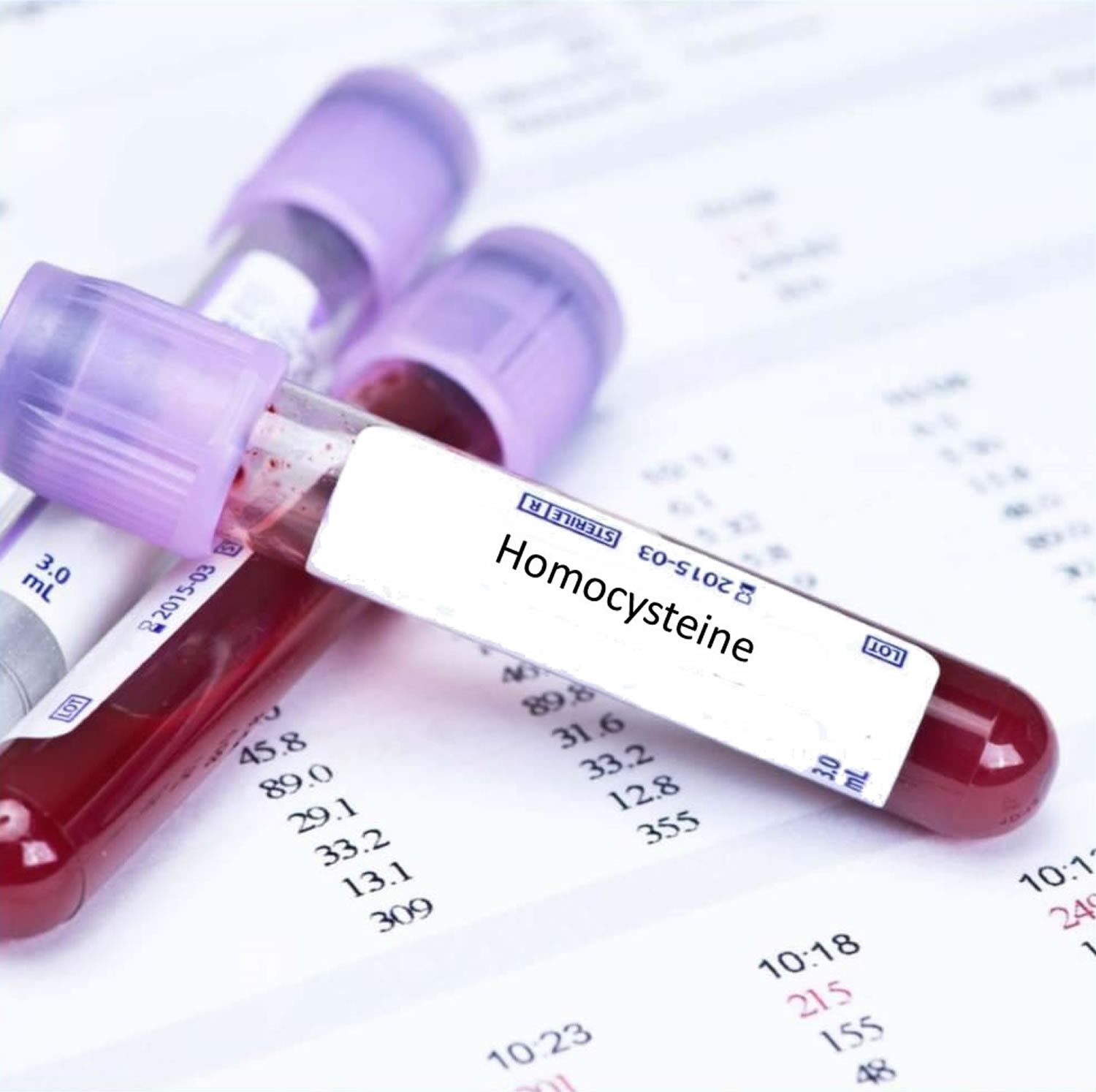Knowing your homocysteine level and how you methylate is extremely important for your overall health. While certain supplementation and IV nutrient support may be very beneficial if you have HIGH homocysteine levels, that same nutrient support may actually prove to be detrimental if your homocysteine level is in fact too low. Hormone optimization is also imperative for healthy methylation and homocysteine levels, as without adequate estrogen in her body, a female can not methylate properly, and visa versa with male patients and testosterone. Testosterone has over 100 functions in the body, while estrogen in the female body has over 400 functions. Research has shown that as much as 40% of human beings to not methylate well without supplementation and hormonal balancing.
High homocysteine levels , a sign of poor methylation in the body, are associated with higher risk of developing cardiovascular disease, memory and brain impairment, or depression and anxiety. They are also an indicator that if you are going to supplement with b vitamins, especially B12, you need to be taking the methylated version of that vitamin, since your body is already struggling to methylate. While B12 comes in many different forms, methylcobalamin, the methylated version, is best for those who are struggling to have an optimal homocysteine and methylation process. B6 and methylated folic acid are also extremely beneficial to support those with an elevated homocysteine level. Typically a homocysteine level greater than 10 is considered to be elevated, and steps should be taken to optimize methylation and lower the homocysteine at that point.
Low homocysteine , a sign of over-methylating in the body, are associated with almost every single form of cancer, for both men and women. Nutrients like methionine , choline, taurine, and n-acetyl cystine, are very helpful in normalizing the methylation process and therefor normalizing the homocysteine level back into optimal range as well, which should be between 6-8. A person with a homocysteine less than 6 is thought to be at a higher risk for ALL forms of malignancy, both in men and women. In fact, as humans we are thought to develop cancer as many as 6-8 times in our lifetime. The prognosis is merely determined by our body’s ability to recognize and repair the atypical cells that arise before they begin to grow out of control.
So how do you check your homocysteine level? A simple blood test will tell you exactly where you stand, and this information is imperative for your regenerative health provider to know what supplements, and the type of supplementation that you will need to optimize your methylation and homocysteine levels.
Contact your provider to learn how you can check your homocysteine and hormone levels, and what can be done to optimize them. Whether it be hormonal balance, oral , injectable, or IV nutritional supplemention, the first step is knowing where you stand!
Source:
Pam Smith : The Importance of Women’s Hormones Module 1 A4m



